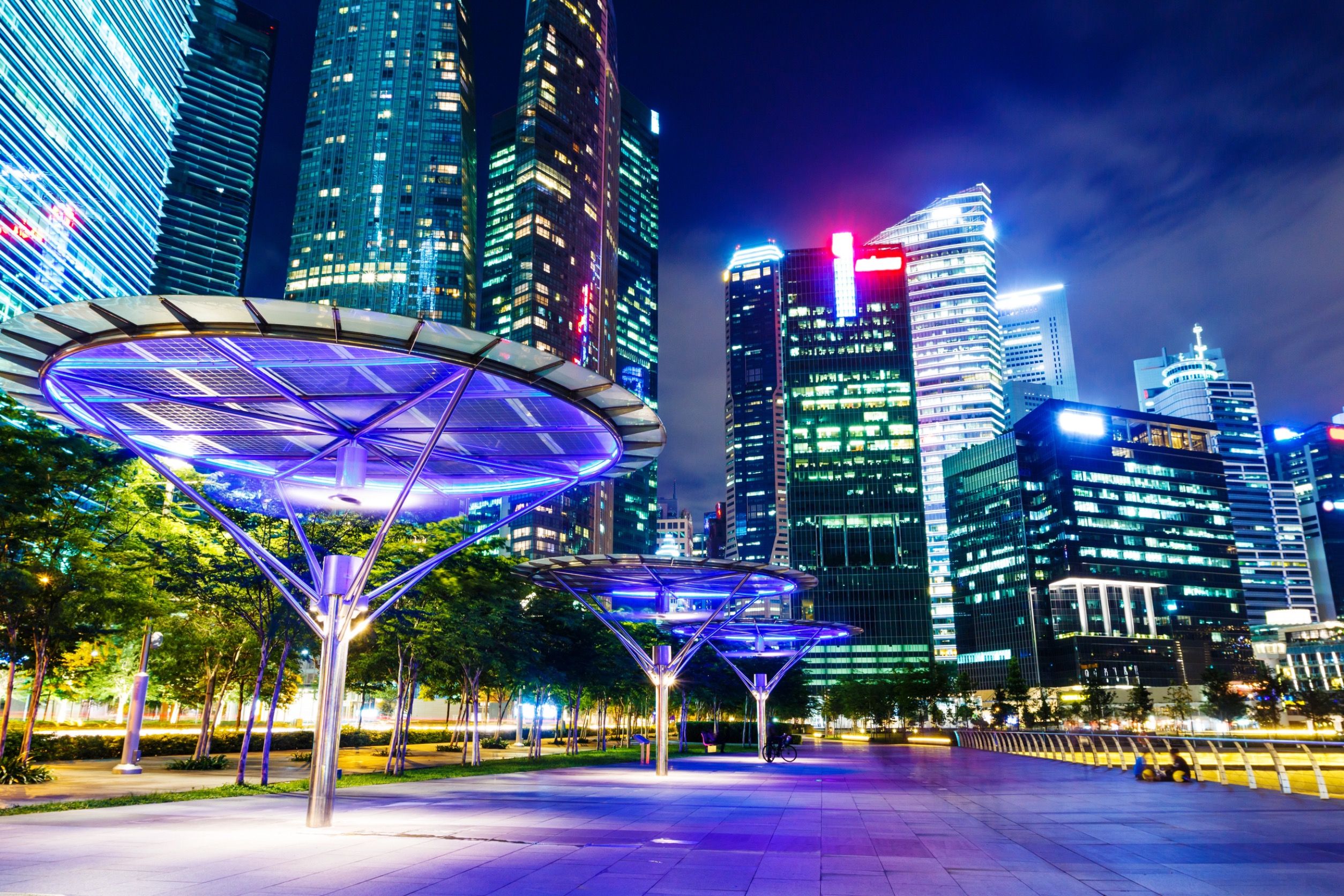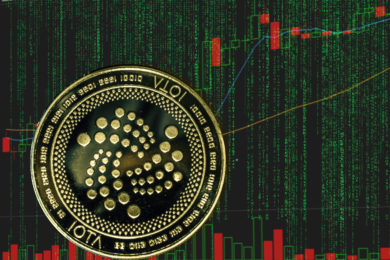
Singapore dissolves parliament ahead of election as cost and trade worries mount
- Nomination Day confirmed for 23 April, with polling date to be announced.
- People’s Action Party to be challenged in all 97 parliamentary seats.
- Monetary policy eased again as Q1 growth slowed to 3.8%.
Singapore has officially entered election season as President Tharman Shanmugaratnam dissolved parliament on Tuesday, acting on the advice of Prime Minister Lawrence Wong.
The move sets the stage for the city-state’s 14th general election since gaining independence in 1965. Nomination Day has been scheduled for 23 April, after which candidates will kick off nine days of campaigning.
A cooling-off day will precede the polling date, which is expected to be announced shortly by the returning officer.
This election marks a pivotal moment for Singapore’s political landscape. It will be the first general election led by Prime Minister Wong, who succeeded Lee Hsien Loong in May 2024.
It also comes as the global economy faces mounting headwinds, including inflation, trade tensions, and domestic concerns about jobs and the cost of living.
Wong’s debut election as prime minister
Copy link to sectionLawrence Wong took over as Singapore’s fourth prime minister in May after Lee Hsien Loong stepped down following two decades at the helm.
Wong’s People’s Action Party (PAP) has governed Singapore continuously since independence, and is expected to contest all 97 parliamentary seats.
Wong’s leadership will now face its first electoral test. The outcome could determine whether the PAP maintains its supermajority or contends with a stronger opposition presence in parliament.
His administration has so far focused on managing inflation, boosting social protections, and diversifying trade partnerships in response to global shifts.
In a ministerial statement delivered on 8 April, Wong expressed concern over new US tariffs. “We are very disappointed by the US move, especially considering the deep and longstanding friendship between our two countries,” he said.
The remarks reflect growing unease in the region as Donald Trump’s administration intensifies its protectionist trade agenda.
Economic backdrop
Copy link to sectionThe general election also arrives amid a weakening economic backdrop. On Monday, Singapore’s central bank moved to ease monetary policy for the second consecutive time, signalling concern over stalling growth.
Authorities cited the increasing likelihood of zero GDP growth in 2025 after a weaker-than-expected expansion of 3.8% in the first quarter.
The Monetary Authority of Singapore (MAS) cited external uncertainties and weak global demand as key reasons for the policy shift. Core inflation remains elevated, but is expected to moderate in the second half of the year.
Singapore’s export-reliant economy is especially sensitive to global disruptions, including tariff shocks and supply chain reconfigurations.
Wong’s administration has responded by reinforcing social safety nets and extending wage support for select sectors. However, these measures may not be enough to ease voter anxiety about the rising cost of living and job security.
Key voter concerns in a shifting landscape
Copy link to sectionA January survey reported by CNA indicated that Singaporeans are increasingly concerned about day-to-day economic issues. Cost of living, job availability, and income security were cited as top voter priorities.
At the same time, there is growing political awareness among younger voters. Opposition parties, including the Workers’ Party and Progress Singapore Party, are expected to field candidates across most constituencies.
This could test the PAP’s traditional dominance, especially in urban districts where swing votes carry greater weight.
The campaign period will be closely watched both domestically and internationally. Investors and regional partners will be assessing how Singapore’s new leadership handles policy continuity, foreign relations, and economic recovery.
Global context
Copy link to sectionThe geopolitical backdrop adds further complexity to the upcoming election. Donald Trump’s ongoing tariff offensive is rattling trade-dependent economies across Asia.
While Singapore has long enjoyed close ties with the US, friction has increased under Trump’s administration.
New tariffs targeting both allies and adversaries threaten to disrupt established trade routes. Singapore, as a hub for re-exports and global finance, is especially vulnerable to such shocks.
The country’s reliance on external demand means that maintaining stable international relations is crucial. Prime Minister Wong’s approach to diplomacy, as well as his economic policy mix, will be scrutinised during the campaign and beyond.
More industry news








